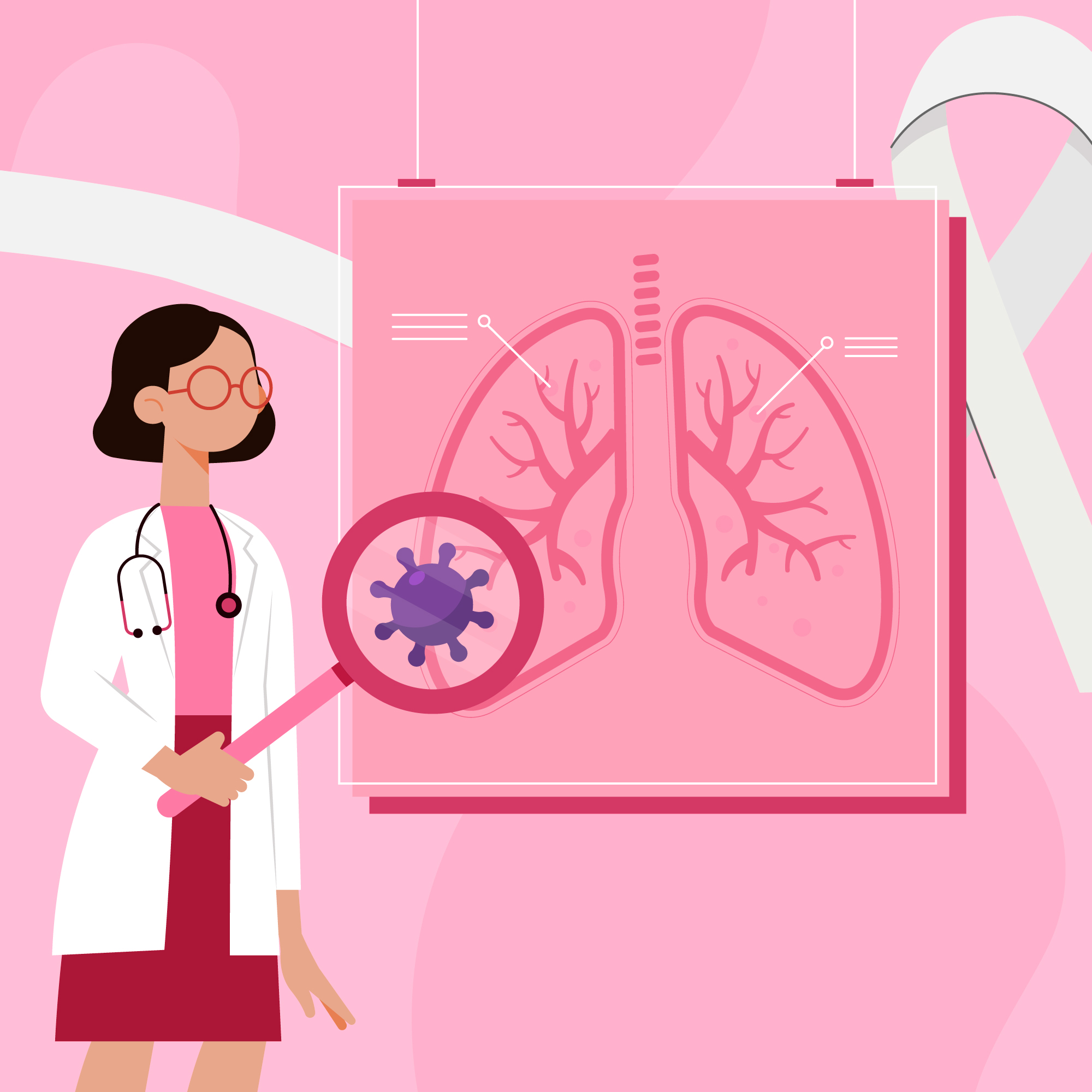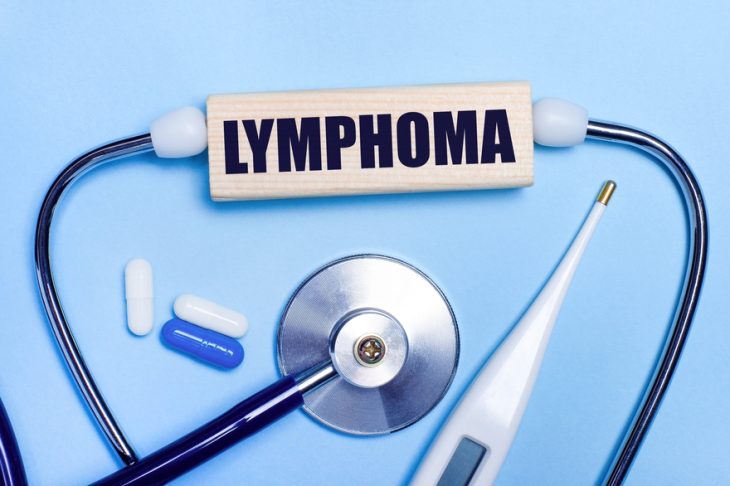
How To Reduce Your Risk Of Lung Cancer?
How to Reduce Your Risk of Lung Cancer?
The cancer that originates in the lungs is known as Lung cancer. Lungs are exposed to a lot of toxic substances we inhale, such as pollution or tobacco; that’s why lung cancer is so common.
Lung cancer might be prevented by following the below-given measures:
1. Avoid Tobacco Use
- Quit Smoking: Lung cancer is mostly caused by smoking. The most crucial thing you can do to lower your risk is to stop smoking. Seek support from cessation programs, medications, or counselling.
- Avoid Secondhand Smoke: Increased exposure to secondhand smoke also increases the risk of lung cancer. Avoid environments where smoking occurs and encourage smoke-free policies in public places and at home.
2. Test for Radon
- Radon Exposure: Radon is a radioactive gas; it is found naturally and can build up in dwellings, especially in lower levels and basements. High radon exposure over an extended period of time is a major risk factor for lung cancer.
- Testing and Mitigation: Test your home for radon using a radon test kit. If high levels are detected, take steps to mitigate radon levels, such as improving ventilation or installing a radon mitigation system.
3. Avoid Exposure to Carcinogens
- Workplace Safety: Certain occupations involve exposure to carcinogens like asbestos, arsenic, and diesel exhaust. Follow safety guidelines and use protective equipment to minimize exposure.
- Environmental Carcinogens: Be aware of and reduce exposure to environmental pollutants, like air pollution and industrial emissions, that can contribute to lung cancer risk.
4. Maintain a Healthy Diet
- Fruits and Vegetables: A diet rich in fruits and vegetables gives essential vitamins, minerals, and antioxidants that can help protect against cancer.
- Whole Grains and Lean Proteins: Incorporate whole grains and lean proteins into your diet to support overall health and immune function.
- Limit Processed Foods: Reduce the consumption of processed and red meats, as these have been linked to an increased risk of various cancers.
5. Exercise Regularly
- Physical Activity:To preserve a healthy weight and enhance lung function, get frequent exercise. Try to get in at least 150 minutes a week of moderate-to-intense aerobic exercise or 75 minutes of vigorous activity.
- Healthy Weight: Maintaining a healthy weight reduces the risk of various cancers, including lung cancer.
6. Avoid Alcohol or Drink in Moderation
- Limit Alcohol Consumption: Heavy alcohol use is associated with an increased risk of several cancers, including lung cancer. If you drink alcohol, do so in moderation—no more than one drink per day for women and two drinks per day for men.
7. Get Regular Health Check-ups
- Screening: If you are at high risk for lung cancer (e.g., a long-term smoker with a family history of lung cancer), talk to your doctor about lung cancer screening with low-dose CT scans.
- Monitor Symptoms: Be aware of potential symptoms of lung cancer, such as a persistent cough, chest pain, shortness of breath, and unexplained weight loss. Early detection can improve treatment outcomes.
8. Prevent Infections
- Vaccinations: Certain infections, like those caused by the human papillomavirus (HPV) and hepatitis B virus (HBV), can increase cancer risk. Ensure vaccinations are up-to-date.
- Good Hygiene: Practice good hygiene to reduce the risk of infections that could contribute to cancer development.
Conclusion:
Reducing the risk of lung cancer involves a combination of lifestyle changes, environmental awareness, and regular medical check-ups. By avoiding tobacco, reducing exposure to carcinogens, maintaining a healthy diet and weight, exercising regularly, limiting alcohol, and seeking regular health screenings, you can significantly lower your risk of developing lung cancer. If you have concerns about your lung cancer risk, discuss them with your healthcare provider for personalized advice and guidance.


